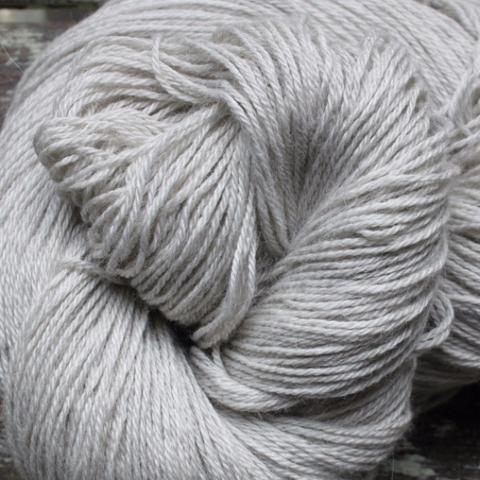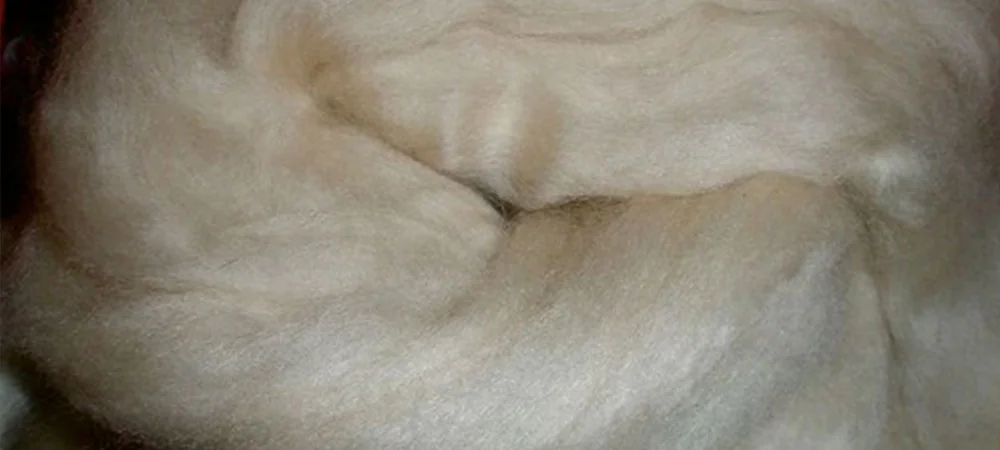Understanding the Various Kinds Of Cashmere an All-natural Fiber and Their Unique Advantages

The Beginnings of Cashmere: A Historic Summary
While the luxurious touch of cashmere continues to beauty modern consumers, its beginnings map back to the severe, cool climates of Mongolia and the Himalayas. For centuries, the native individuals of these areas have been increasing Capra Hircus goats, the prime resource of cashmere woollen. These goats, resilient against the serious wintertimes, expanded a fine undercoat to survive, which later on ended up being understood as cashmere. The name itself admires Kashmir, a region in India where the wool was at first processed. Much of the early cashmere trade path was assisted in by the Silk Roadway, connecting Asia with the Middle East and Europe. In spite of its worldwide spread, the finest cashmere is still believed to stem from the original areas of Mongolia and the Mountain Ranges.

The Manufacturing Refine: From Goat to Garment
Shearing a Capra Hircus goat marks the creation of the elaborate cashmere manufacturing process. This fragile treatment usually takes place annually throughout springtime. The fine, soft undercoat is then divided from the coarser external hair, a procedure recognized as dehairing. The resultant raw cashmere is then washed to eliminate contaminations such as veggie, oil, and dust issue.
The tidy fiber undergoes dyeing, spinning, and weaving, or knitting, to transform it right into a fabric. Complex procedures like quality assurance checks and finishing processes comply with, making sure completion item keeps the elegant criterion anticipated of cashmere. This painstaking procedure, from goat to garment, validates the high price affixed to cashmere items, making them a sign of luxury and refinement.
The Numerous Kinds of Cashmere: An In-depth Evaluation

The Special Advantages of Cashmere: Convenience and Sustainability
Moving from the variety of cashmere types to the advantages they use, comfort and sustainability stand out prominently. Cashmere, a natural fiber, is renowned for its unequaled soft qualities, offering a level of convenience that artificial fibers can't match. The material's lightness, yet outstanding heat retention, makes it perfect for all seasons. Moreover, cashmere's natural elasticity allows it to return to its original form, making it immune to extending or shrinking.
When it comes to sustainability, cashmere is eco-friendly and eco-friendly, as it's gathered from cashmere goats who regrow their coats annually. additional reading what is cashmere. Unlike artificial fibers which can take hundreds of years to break down, cashmere's effect on the environment is marginal. This combination of comfort and sustainability makes cashmere a beneficial selection for mindful consumers

Taking Care Of Your Cashmere: Maintenance and Conservation Tips
While cashmere is definitely a lavish and sustainable selection, it requires certain treatment to maintain its top quality and expand its life-span. To begin, cashmere should be hand washed using chilly water and a moderate cleaning agent. Cashmere products ought to be saved in a amazing and completely dry area, away from direct sunlight and wetness.
Purchasing Cashmere: Recognizing Its Worth and Well Worth
Although cashmere might initially look like a costly financial investment, its long-lasting value and worth ended up being apparent when you consider its exceptional high qualities. Known for its unparalleled soft qualities and warmth, cashmere is a premium natural fiber that exceeds other products. Its high need and minimal supply contribute to its high price, but its longevity ensures it lasts for years, providing superb worth for money. Cashmere items are classic, often becoming treasures gave via generations. what is cashmere. Its natural insulating buildings supply warmth without the mass of synthetic fibers. Buying cashmere, for that reason, is not almost current style trends, yet about welcoming a sustainable, long-lasting, and extravagant way of life. helpful hints
Conclusion
In recap, the kind of cashmere one selects, be it Mongolian, Chinese, or Italian, is dictated by private preferences for warmth, sustainability, high-end, and budget. Understanding the beginnings, manufacturing process, and unique advantages of various types of cashmere can direct consumers in their financial investment in this lavish all-natural fiber.
Whether it's the outstanding warmth of Mongolian cashmere, the affordability of Chinese cashmere, or the eco-conscious manufacturing of Italian cashmere, there's a tale to be discovered behind each fiber kind. Cashmere, an all-natural fiber, is renowned for its unrivaled gentleness, offering a degree of comfort that synthetic fibers can not match.When it comes to sustainability, cashmere is eco-friendly and naturally degradable, as it's harvested from cashmere goats who regrow their layers each year. Known for its unrivaled softness and heat, cashmere is a check out here premium natural fiber that surpasses other products. Understanding the beginnings, production procedure, and unique advantages of different types of cashmere can guide customers in their investment in this lavish natural fiber.